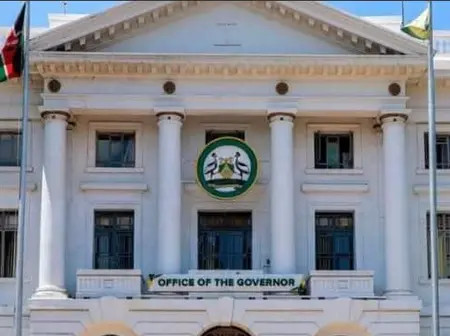
The growing burden of pending bills in county governments has become a major source of concern for businesses across Kenya. Many contractors and suppliers now find themselves trapped in financial distress after delivering services and goods to counties but waiting months or even years to be paid.
This trend has sparked caution among investors, with some urging entrepreneurs to think twice before engaging in county-level contracts.
Pending bills, often running into billions, have been a recurring issue since the advent of devolution. Counties cite low revenue collection, delayed disbursement of funds from the National Treasury, and mismanagement of resources as the main reasons for the growing backlog.
However, businesses argue that the situation reflects poor planning, weak financial discipline, and in some cases, corruption.
The impact on the private sector has been devastating. Small and medium enterprises, which form the backbone of Kenya’s economy, have borne the brunt of delayed payments.
Many have been forced to shut down, lay off workers, or take expensive loans to stay afloat while awaiting settlement of their dues. For some, the prolonged waiting period has eroded trust in county governments as reliable partners.
Entrepreneurs are now more cautious when bidding for county tenders. Experts advise businesses to assess the financial health of counties, review their past record of settling bills, and weigh the risks before committing to supply contracts.
Some financial analysts argue that without systemic reforms, counties will continue to accumulate arrears, further straining relationships with the private sector.
The national government has repeatedly directed counties to prioritize payment of pending bills before starting new projects, but compliance has remained inconsistent.
The Controller of Budget and the Auditor General have also flagged the issue, warning that failure to address it undermines service delivery and discourages private investment.
For businesses, the lesson is becoming clear: while county contracts may appear lucrative, the risk of delayed or non-payment is real. Until counties demonstrate stronger financial accountability and discipline, entrepreneurs will need to tread carefully to avoid becoming the next victims of unpaid bills.






